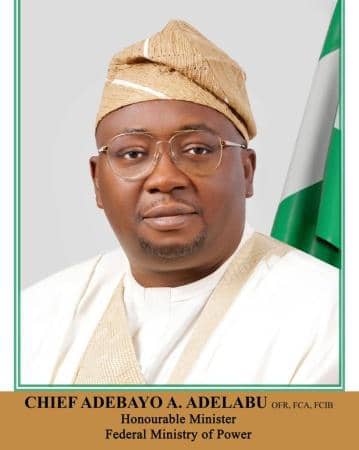National grid collapses for third time in 1 week
Nigerians are once again in darkness after the national power grid collapsed for the third time within a week, marking the eighth grid disturbance in 2024. The latest collapse occurred early on Saturday morning, October 19, 2024, with states across the country reporting total blackouts.
Data from the Nigerian System Operator’s portal revealed that as of 8:16 a.m., the grid was producing zero megawatts (MW), with all 22 generation companies (GenCos) offline. This blackout follows two grid collapses earlier in the week, leading to widespread power outages across the nation.
As of the time of this report, the Transmission Company of Nigeria (TCN) has yet to provide an official explanation for this latest collapse, leaving millions of Nigerians without answers as they grapple with yet another power disruption.
Nigeria has faced frequent power grid collapses over the years due to its ageing and insufficient infrastructure. The country’s first blackout of 2024 occurred on February 4, when the grid shut down at 1 p.m., following a drop in capacity from 2,407 MW to just 31 MW within a matter of hours. Despite efforts to restore stability, the power sector continues to experience challenges.
READ ALSO : National grid collapses twice within 24 hours
Reacting to the ongoing grid issues, Nigeria’s Minister of Power, Adebayo Adelabu, admitted on Friday that grid collapses were almost inevitable in the current situation. Adelabu emphasized the need for major investments in the country’s power infrastructure to avoid such frequent collapses. He also advocated for decentralizing the grid system by developing regional and state grids.
Adelabu, speaking at the unveiling of an electricity meter manufacturing company in Lagos, highlighted that decentralization would ensure power stability. The Electricity Act of 2023, signed by President Bola Tinubu, allows subnational governments—state and local—to participate in electricity generation, transmission, and distribution.
The minister explained that relying on a single national grid leaves the entire country vulnerable when issues arise. He proposed a move towards establishing independent regional and state grids that could shield parts of the country from total blackouts in case of a collapse.
He noted: “We all rely on a single national grid today; if there is a disturbance, it affects all 36 states. It shouldn’t be like that… This is one of the impacts this electricity Act will have.”
Adelabu stressed that without substantial investment in Nigeria’s power sector, grid collapses would remain a recurring issue.
For now, millions of Nigerians wait in frustration, hoping for a return of stable electricity amid increasing grid failures.
Written by Sakinat Musa Abubakar, Editor at Neptune Prime
Follow the Neptune Prime channel on WhatsApp: https://wFollowhatsapp.com/channel/0029Va74ZvU2v1IqKByXoX3d
Do you have breaking news, interview request, opinion, suggestion, or want your event covered? Email us at neptuneprime2233@gmail.com
Follow the Neptune Prime channel on WhatsApp: https://whatsapp.com/channel/0029Va74ZvU2v1IqKByXoX3d
Do you have breaking news, interview request, opinion, suggestion, or want your event covered? Email us at neptuneprime2233@gmail.com


